Topics
センターについてAbout the Centre
慶應義塾大学マインドフルネス&ストレス研究センター(Mindfulness & Stress Research Center:MSR)は、前身となるストレス研究センターで蓄積された産業精神保健などの知見を基盤に、マインドフルネスなどの新たな心理社会的技法にも研究や実践の射程を広げていきます。さらにはこれらの技法とテクノロジーとの有機的な連携も推進して参ります。こうした取り組みを通して、社会のあらゆる人々が、メンタルヘルスやウェルビーイングを増進できる社会の実現を目指します。
The Mindfulness & Stress Research Center (MSR) at Keio University is dedicated to expanding the scope of research and practice on the knowledge of occupational mental health by incorporating new psychosocial techniques, particularly mindfulness. Furthermore, it seeks to promote organic linkages between these techniques and technology. Through these efforts, we aim to realise a society in which mental health and wellbeing can be improved for all individuals.
マインドフルネスMindfulness

マインドフルネスとは、「今この瞬間の体験に気づき、ありのままにそれを受け入れる方法」(大谷, 2014)のことです。
マインドフルネスの概念を医療に応用し、8週間のプログラムを作ったのは、マサチューセッツ大学のジョン・カバットジン博士で、1970年代のことです。このプログラムはマインドフルネスストレス低減法(Mindfulness Based Stress Reduction: MBSR)と呼ばれています。その後2000年にジョン・ティーズデール博士、マーク・ウィリアムズ博士、ジンデル・シーガル博士らが、MBSRを基にしたマインドフルネス認知療法(Mindfulness Based Cognitive Therapy:MBCT)を開発し、うつ病の再発予防効果を実証してから、マインドフルネスの概念が医療の世界で広く知られるようになってきました。
以後、アメリカやヨーロッパを中心に、マインドフルネスの様々な効果が実証されるようになってきています。しかし、文化や社会制度の異なるわが国でも同じような効果が得られるのか、その科学的根拠は、まだ十分に蓄積されているとは言えません。
私たちは、研究を通して、マインドフルネスが適切な形で社会に普及していくことに貢献していきたいと考えています。
これまでにマインドフルネスに関連して以下の研究が実施されています。詳細はそれぞれをご覧ください。
Mindfulness is “a way of being aware of the experience of the present moment and accepting it as it is.” (Otani, 2014). Dr. Jon Kabat-Zinn at the University of Massachusetts, in the 1970s, created the 8-week program applying mindfulness to healthcare. The program was named Mindfulness-Based Stress Reduction (MBSR). Then Dr. John Teasdale, Dr. Mark Williams, and Dr. Jindel Segal had developed Mindfulness-Based Cognitive Therapy (MBCT) based on MBSR in 2000, and after demonstrating its effectiveness in preventing relapse of depression, the concept of mindfulness has become widely known in the medical field. Since then, various benefits of mindfulness have been demonstrated, especially in the United States and Europe. However, there is little evidence about mindfulness based intervention in Japan. Through clinical research, we want to contribute to spreading mindfulness based intervention in Japan in an appropriate way. The studies we have conducted are as follows.
産業精神保健Occupational mental health

私たちは職場復帰支援を中心としたメンタルヘルス支援プログラムであるKEAP(KEIO Employee Assistance Program)を開発し、提供しています。KEAPは、うつ病などのメンタルヘルス不調で休業に至った社員の方などが、スムーズに職場復帰を果たし、その後も継続して就労できることを支援するプログラムです。
産業メンタルヘルスの分野において、ストレスを健康と成長の糧とするための方法として、慶應義塾大学医学部精神・神経科学教室が、精神医学および産業メンタルヘルス領域で培った50年以上にわたる経験と科学的知見に基づいて開発しました。
We have developed and offer KEAP (KEIO Employee Assistance Program), a mental health assistance program focused on helping people return to work. KEAP is a program that facilitates a smooth return of employees and individuals to the workplace after taking sick-leave due to depression or other mental health problems.
It was developed by the Department of Neuropsychiatry, School of Medicine, Keio University, based on more than 50 years of experience and scientific knowledge in the field of psychiatry and occupational mental health. KEAP aims to transform stress into a stimulus for health and growth in the field of occupational mental health.
支援方法Support method
KEAPでは、複数の精神医学の専門スタッフによるチームアプローチを行います。臨床心理士が契約企業に常駐することで、関連部門ときめ細やかな連携を実現し、メンタルヘルス不調者の状態や彼らを取り巻く環境を詳細に把握します。精神科医はこれらの情報を参考にしながら、メンタルヘルス不調者と面談して精神医学的評価を行います。これらの結果をチーム内で話し合い、支援方針を決定します。さらに、その支援方針に基づき、メンタルヘルス不調者および彼らを取り巻く関連部門の人々と協働して、支援計画を立てます。この支援計画に則って、KEAPは適切な支援を実施します。
KEAP offers a team-based approach with mental health professionals. A clinical psychologist is stationed at a contracted company to ensure detailed cooperation with the relevant departments and to gain a detailed understanding of the conditions and environment of the individuals with mental health problems. The psychiatrist uses this information to interview the individual and conduct a psychiatric assessment. The results are discussed within the team and a support policy is decided upon, which will be the basis of a support plan. The support plan is drawn in collaboration with the individual and relevant persons within their department. KEAP will provide appropriate support in accordance with the support plan.
実績Organizations we've served
これまでに、従業員約一万人規模の企業をはじめとする4社との間で、慶應義塾との間の締結された業務委託研究契約に基づき、精神科医と臨床心理士がチームを組み、契約企業従業員に対して職場復帰支援を中心としたメンタルヘルス対策業務を行っています。
To date, our team has teamed up with four companies, including one with approximately 10,000 employees. Our team has provided mental health services, focusing on support on reintegration of employees of the contracting companies.
医療経済Health economics

社会で活用できる資源には限りがあるため、よりよい健康を実現するためには、効果研究だけでなく、費用対効果や疾病費用研究などの経済評価も必要になります。私たちは、医療や健康に関連する様々な経済評価にも取り組んでいます。
Since the resources available to society are limited, achieving better health requires not only the effectiveness studies, but also the economic evaluation, such as cost-effectiveness studies and cost of illness studies. We also work on various economic evaluations related to health and healthcare.
私たちの研究・実践Our research and practices
マインドフルネスMindfulness
-
 マインドフルネス認知療法の職場の労働生産性に与える影響The impact of mindfulness-based cognitive therapy on workplace labour productivity
マインドフルネス認知療法の職場の労働生産性に与える影響The impact of mindfulness-based cognitive therapy on workplace labour productivity
-
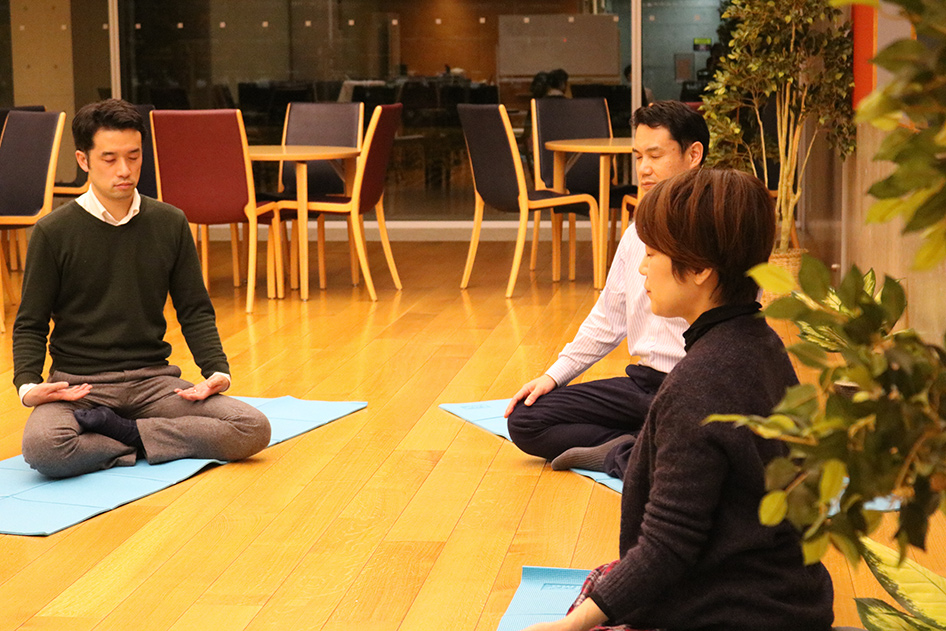 マインドフルネス認知療法の維持効果の検証Examining the maintenance effects of mindfulness cognitive therapy
マインドフルネス認知療法の維持効果の検証Examining the maintenance effects of mindfulness cognitive therapy
-
 マインドフルネス的プログラムの健常成人の主観的well-beingに与える影響の研究A study of the effects of mindfulness based programs on the subjective well-being for healthy adults
マインドフルネス的プログラムの健常成人の主観的well-beingに与える影響の研究A study of the effects of mindfulness based programs on the subjective well-being for healthy adults
-
 不安障害に対するマインドフルネス認知療法の効果および費用対効果研究Effectiveness and cost-effectiveness studies of mindfulness cognitive therapy for anxiety disorder
不安障害に対するマインドフルネス認知療法の効果および費用対効果研究Effectiveness and cost-effectiveness studies of mindfulness cognitive therapy for anxiety disorder
-
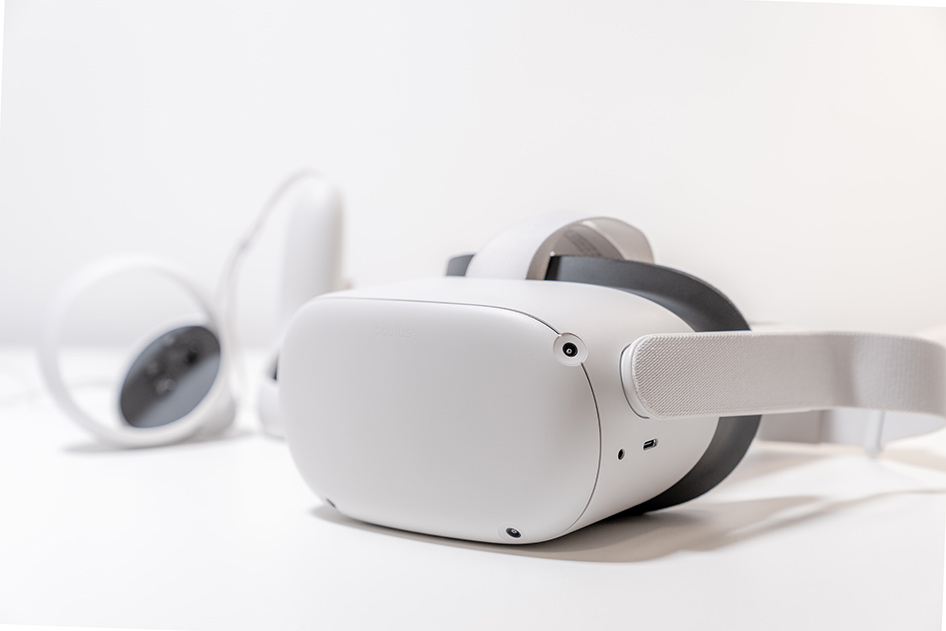 不安障害に対するVRによる曝露を導入したマインドフルネスプログラムの効果および費用対効果の検証Examining the effectiveness and cost-effectiveness of a mindfulness program introducing VR-based exposure for anxiety disorders
不安障害に対するVRによる曝露を導入したマインドフルネスプログラムの効果および費用対効果の検証Examining the effectiveness and cost-effectiveness of a mindfulness program introducing VR-based exposure for anxiety disorders
医療経済Health economics
その他Other
カンファレンスConference
マインドフルネス&ストレス研究センターでは、月に一度カンファレンスを開催しております。カンファレンスの詳細、過去に開催したカンファレンス等のレポートは、以下よりご覧いただけます。
The Mindfulness & Stress Research Center organises monthly conferences. Information on upcoming conferences and reports on previous conferences and other events can be found below.
所在地Location
〒160-8582 東京都新宿区信濃町35
35 Shinanomachi, Shinjuku-ku,
Tokyo, Japan 160-8582
信濃町駅(JR総武線)徒歩1分
国立競技場駅(都営地下鉄大江戸線)徒歩5分
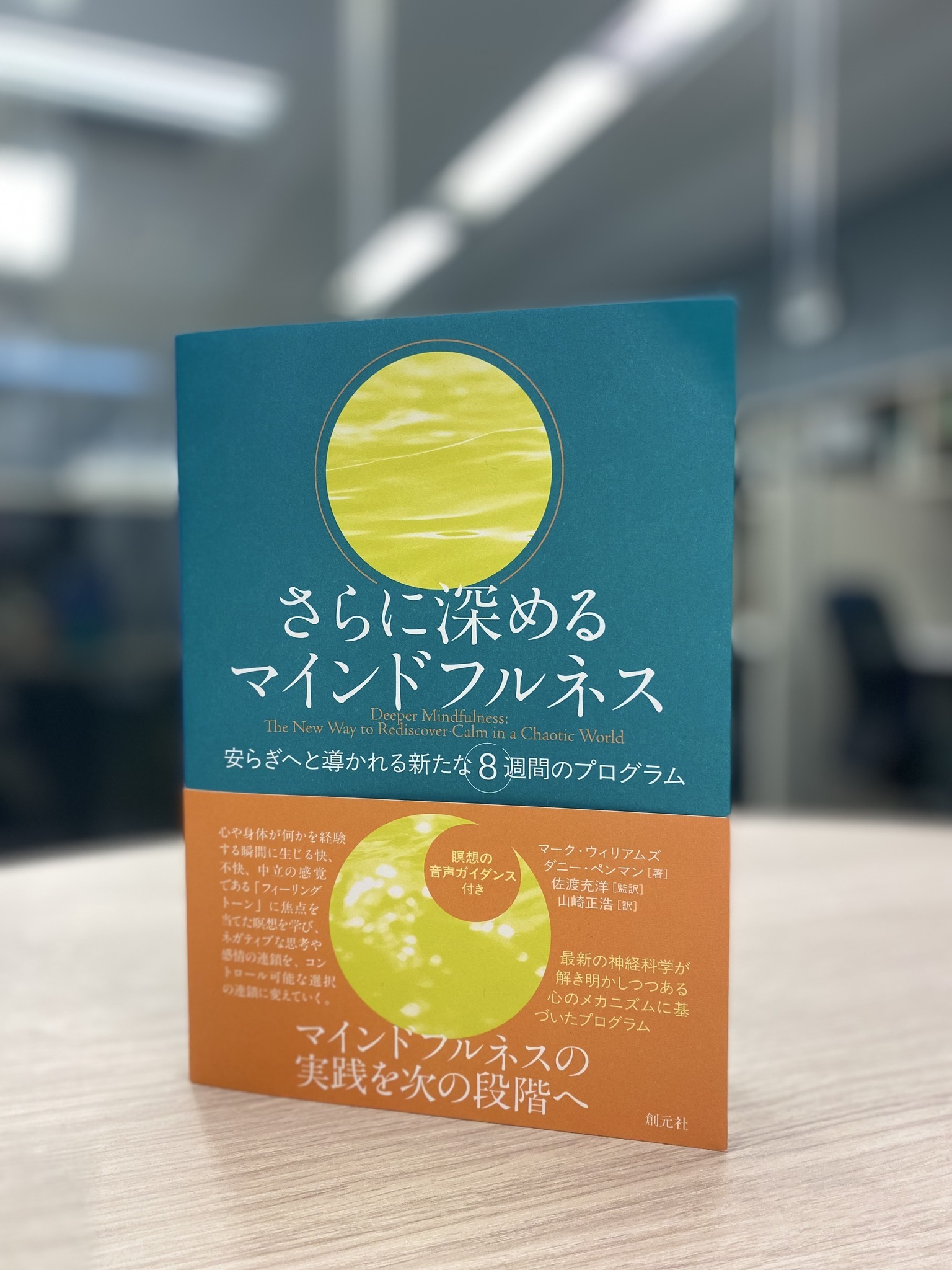



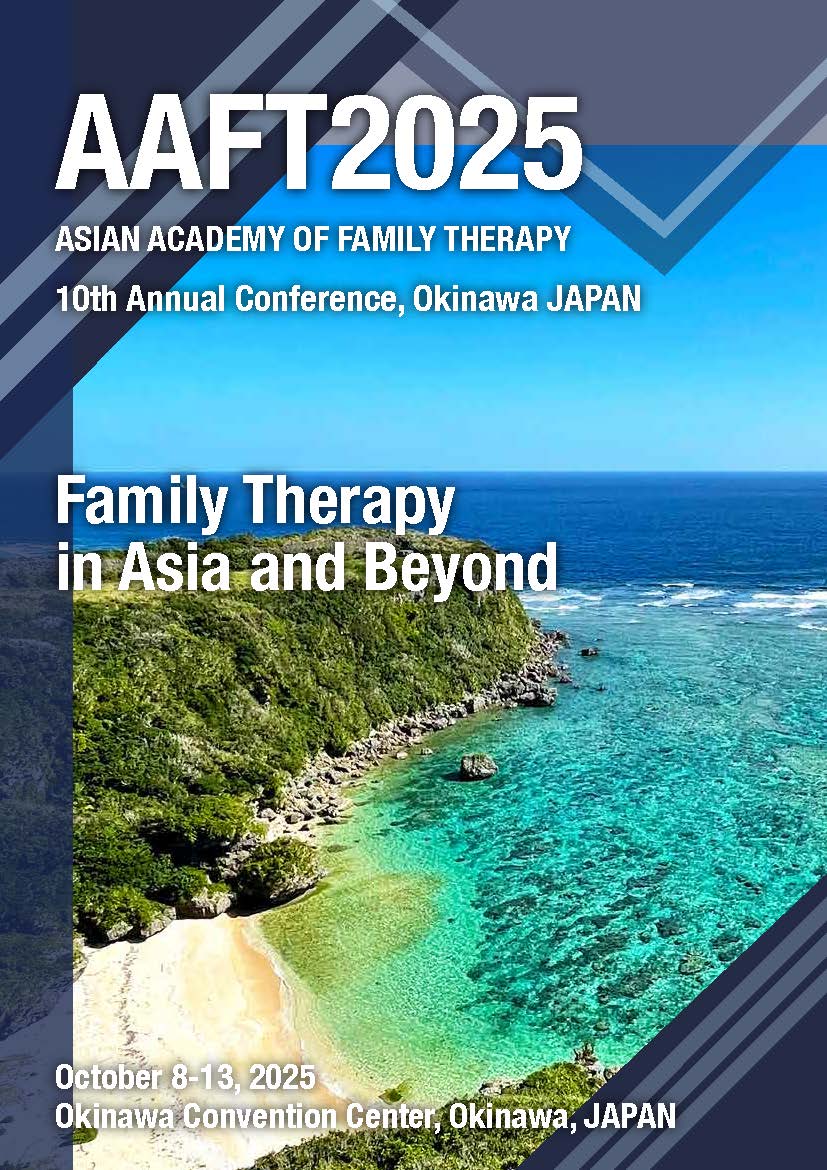
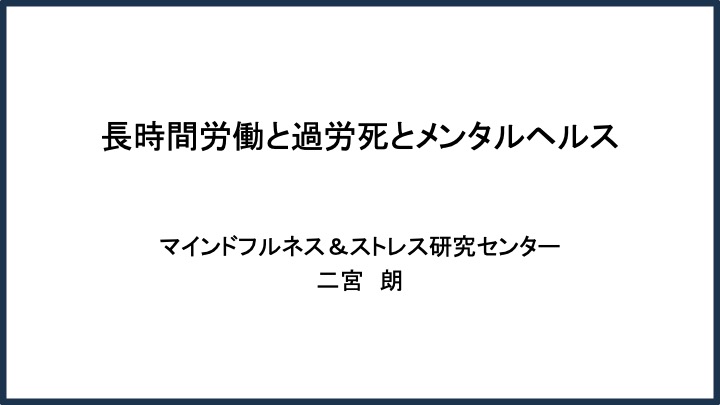
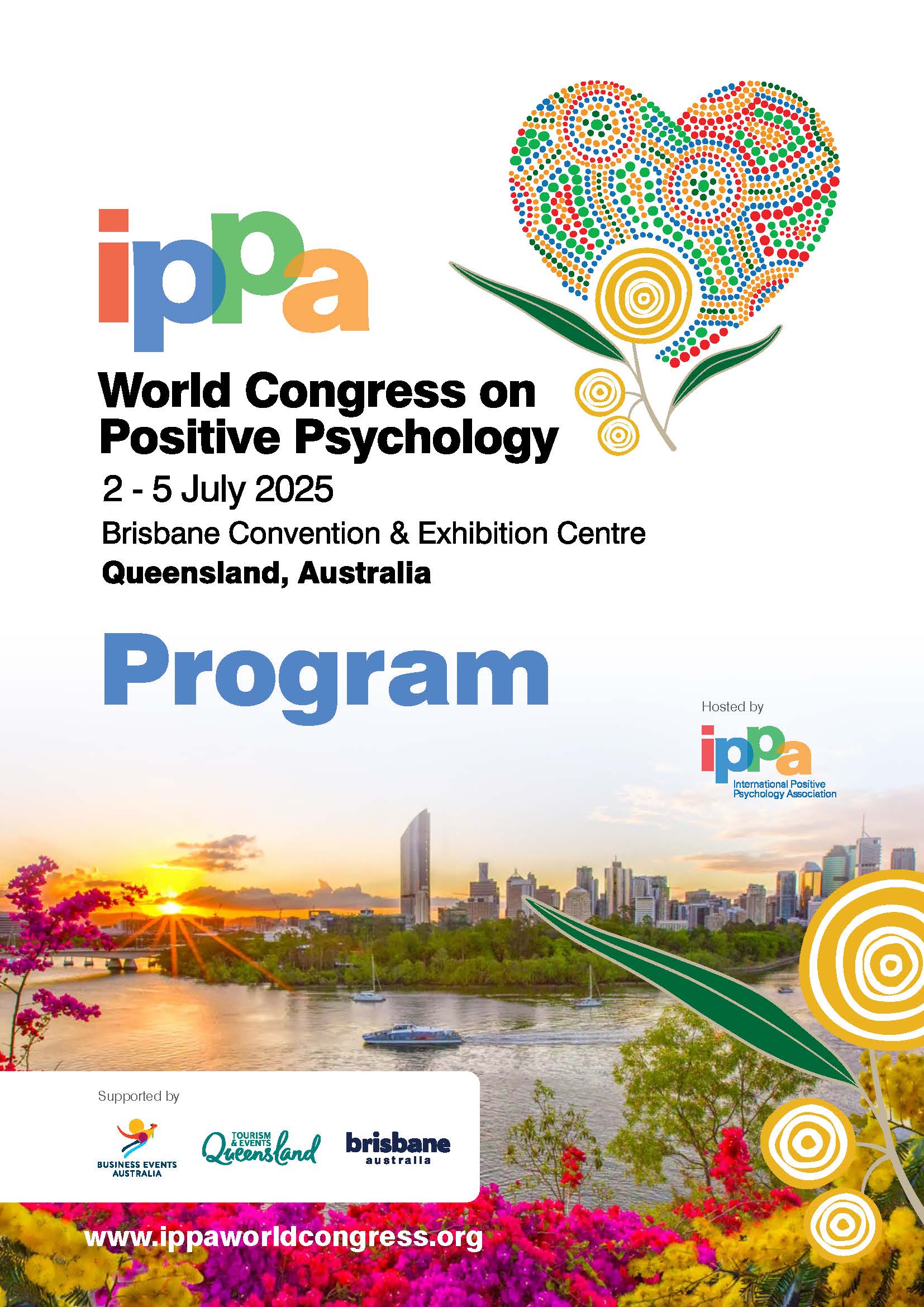
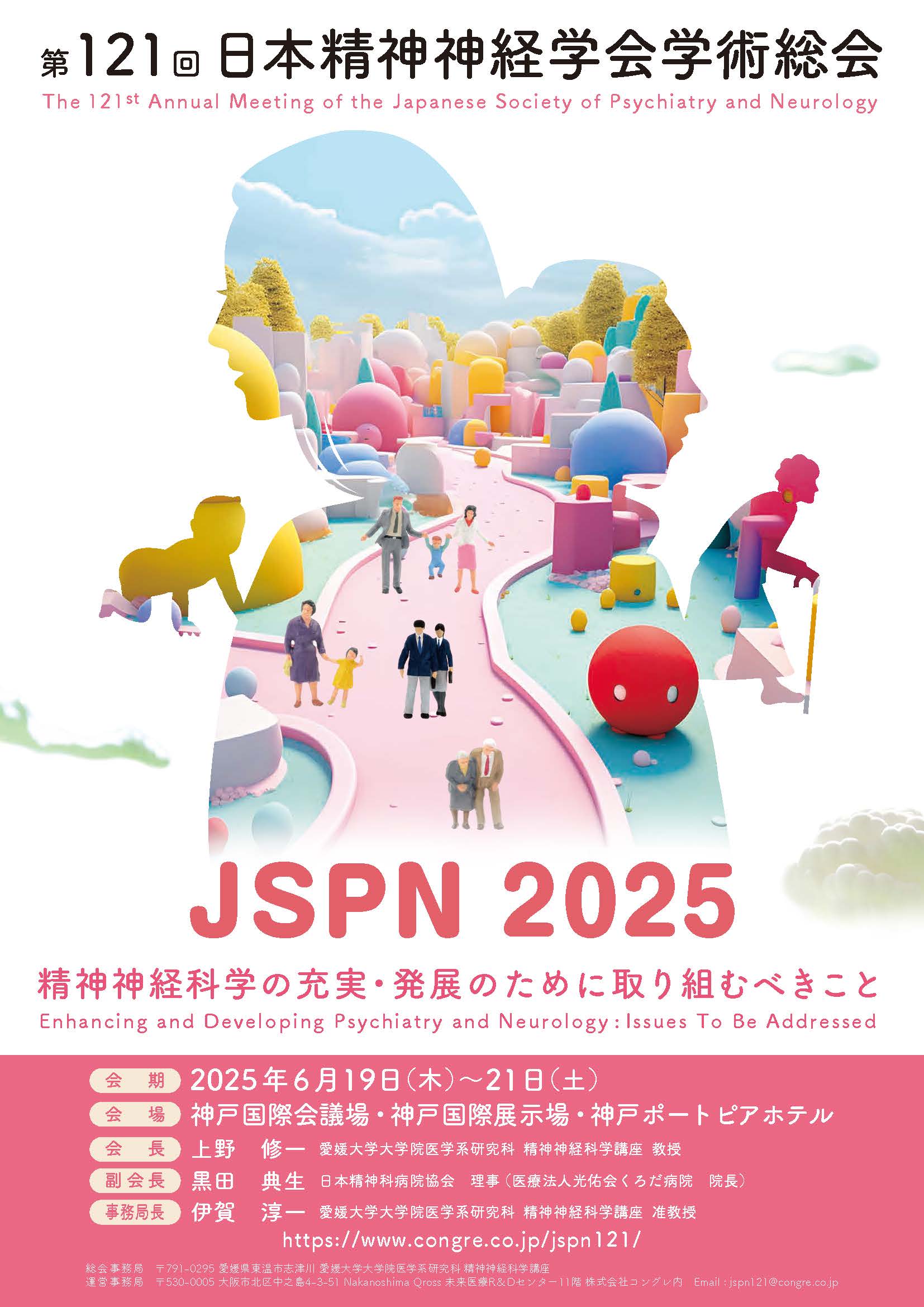
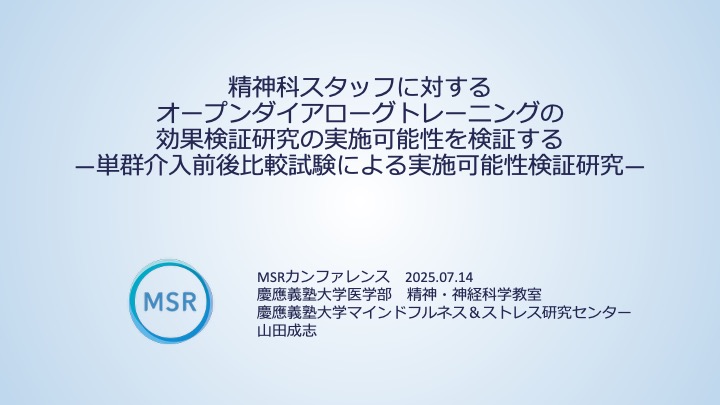
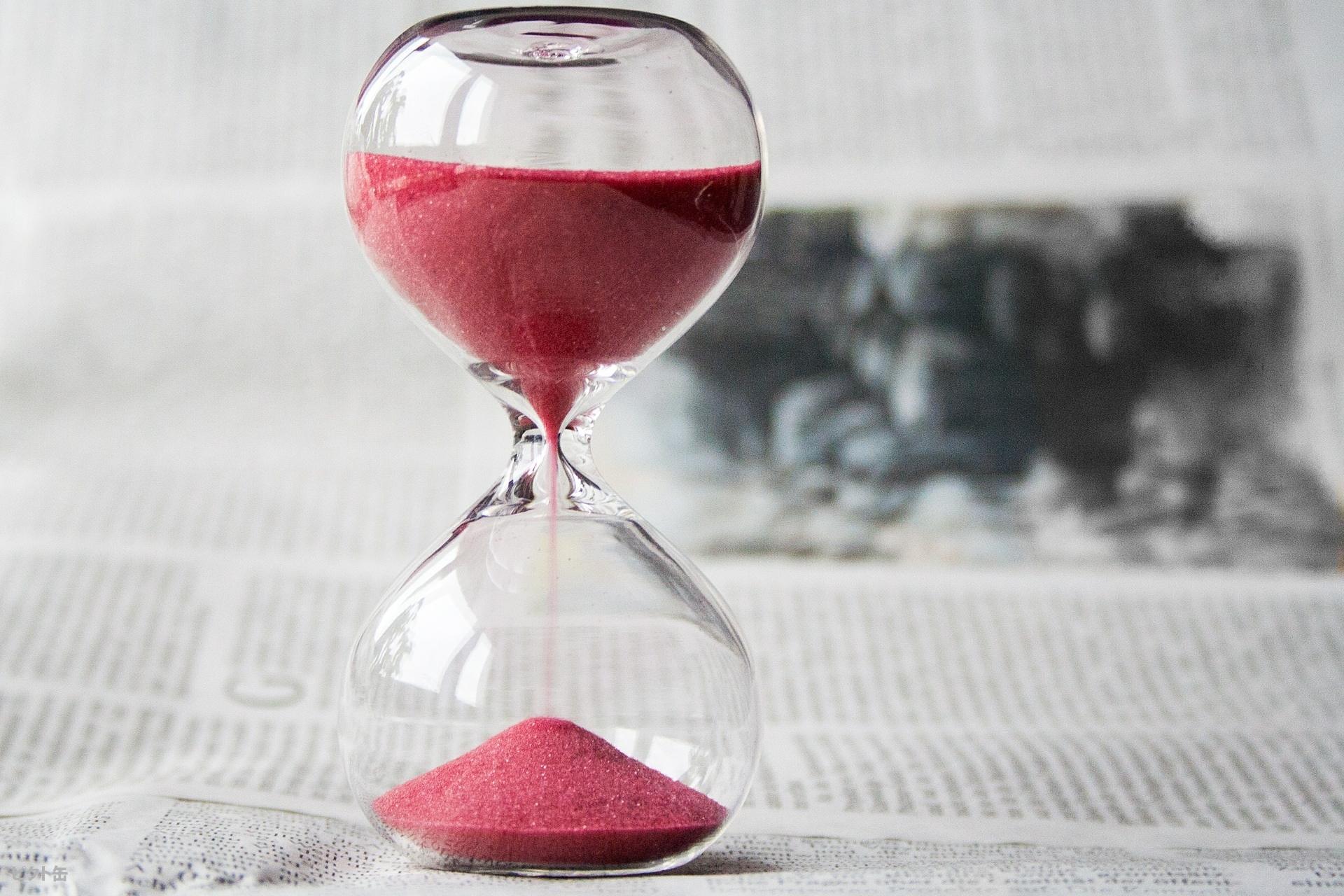

.jpg)









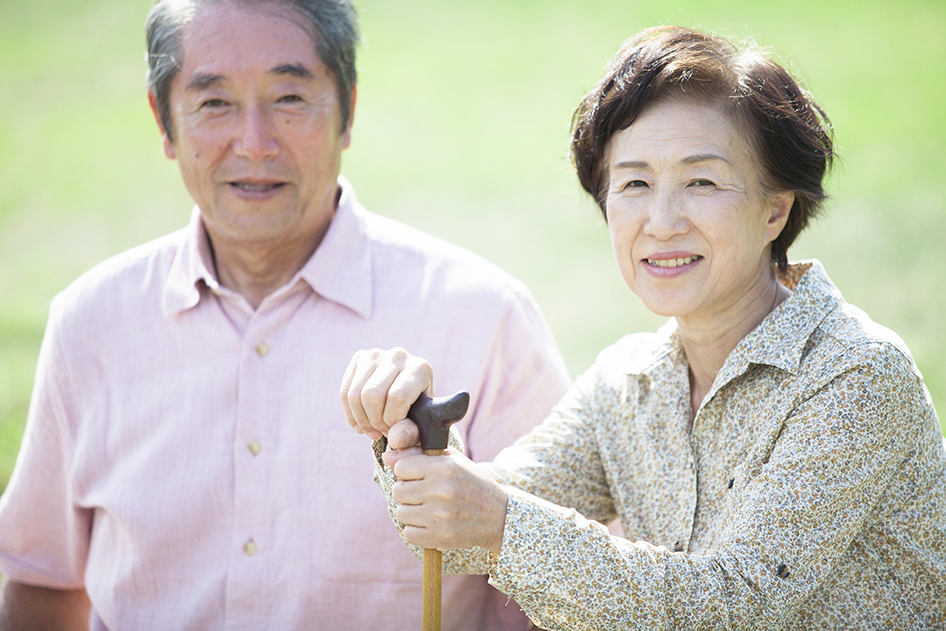 認知症ケア
認知症ケア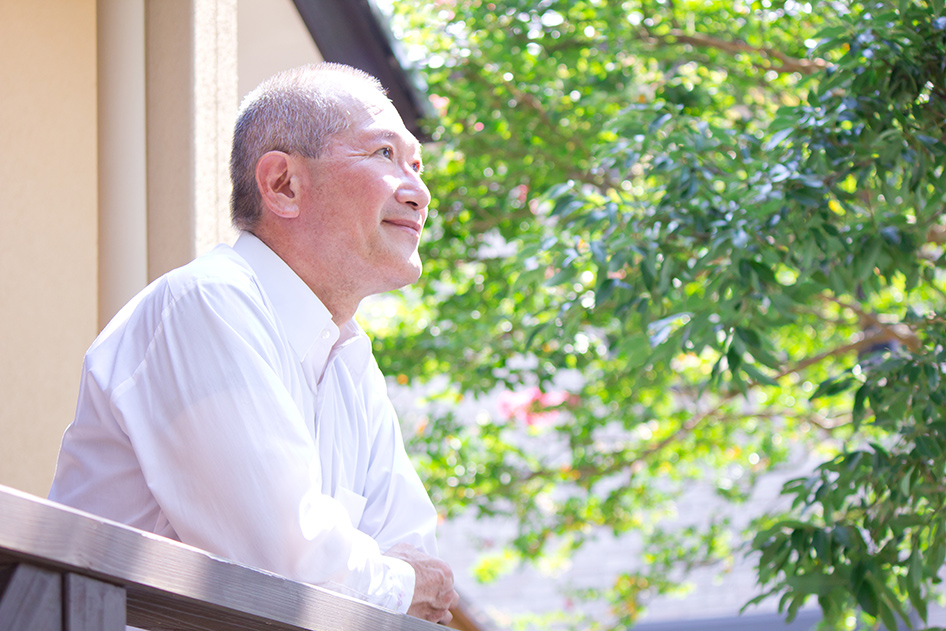 認知症の社会的コスト
認知症の社会的コスト 勤労者を対象とした睡眠とストレスの関係性に関する実態調査研究
勤労者を対象とした睡眠とストレスの関係性に関する実態調査研究
 ⽇本における介護者の主観的well-beingの関連因⼦に関する研究
⽇本における介護者の主観的well-beingの関連因⼦に関する研究
 Well-beingの評価尺度であるICECAP⽇本語版のスコアリングシステムの開発研究
Well-beingの評価尺度であるICECAP⽇本語版のスコアリングシステムの開発研究